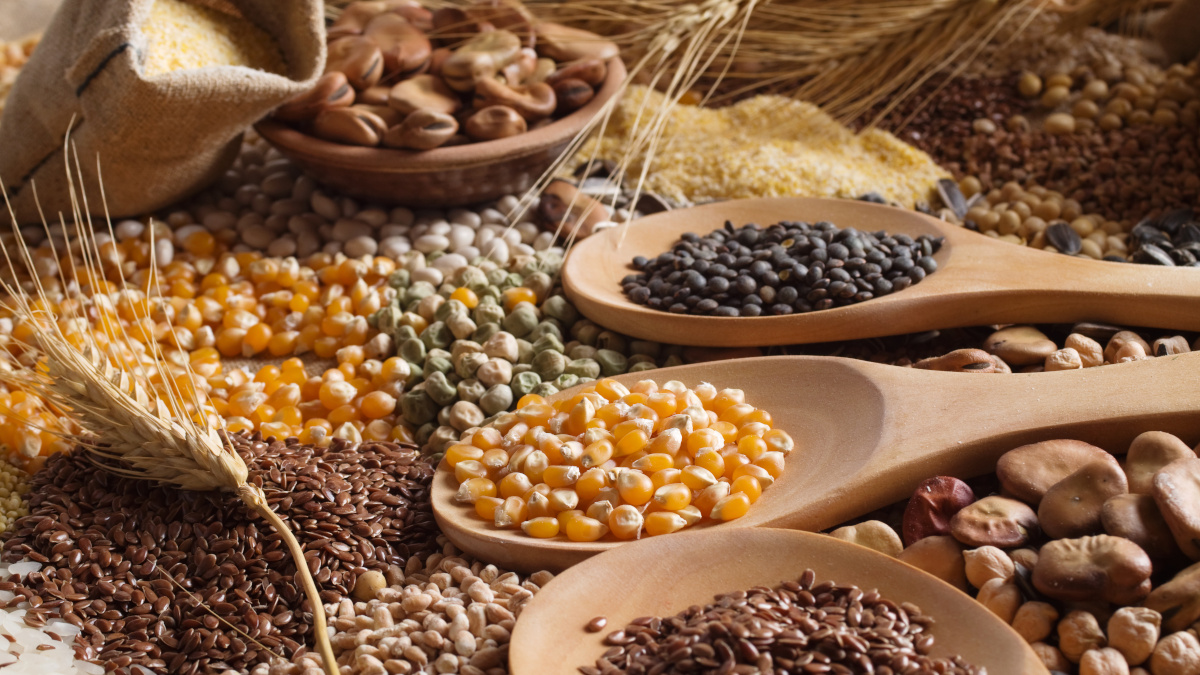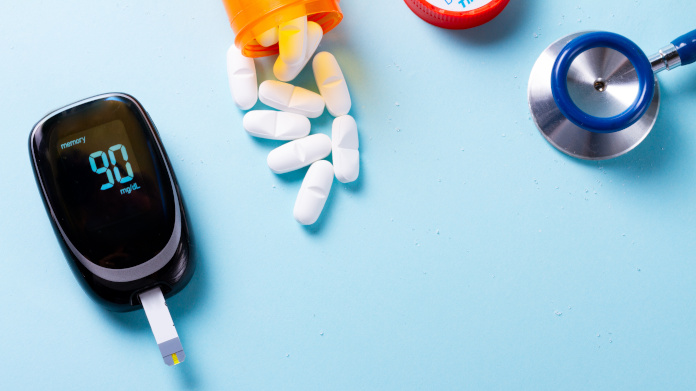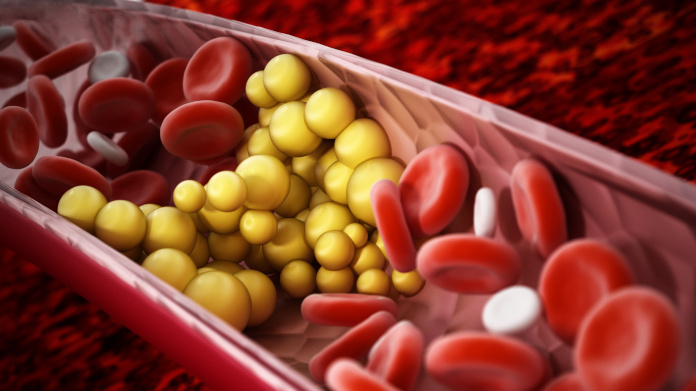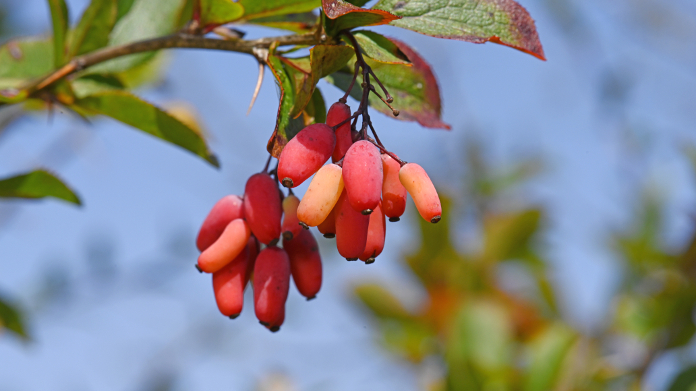
Cornflakes, puffed rice, etc.: even cereals labelled as ‘slimming’ or as helping to ’keep you regular’ are not a good breakfast choice if they’re processed, especially for those trying to lose weight.
The vast majority of cereals actually contain too much salt and sugar. What’s more, the high temperatures and various processes to which they’re subjected during manufacture change their nature and increase their glycaemic index (1).
In other words, these cereals get converted into fast-release sugars which encourage insulin peaks and the storing of fat, and above all, provide insufficient energy to keep you going throughout the morning.
It’s worth noting that to combat hyperglycaemia, you can take a course of Gymnema sylvestre, a natural herb used in Ayurvedic medicine that helps to normalise sugar metabolism and thus supports weight control (try, for example, the supplement Gymnema Sylvestre).
White rice, white bread, etc.: though they taste good, refined cereals have been processed, often mechanically but sometimes chemically, to remove the bran which naturally encases the grain.
They have a delicate flavour and offer a good balance between fast- and slow-release sugars: the processing makes them more digestible and increases the bioavailability of some of their carbohydrates. Refined cereals thus provide energy faster but also release it over several hours.
However, their nutritional profile, particularly in terms of micronutrients, is inferior to that of whole grains. Most importantly, refined cereals do not provide fibre, which has a widely-demonstrated role in both intestinal motility and immunity (see our article on dietary fibre) (2).
Fibre supports and stimulates our gut microbiota which in turn has an immunostimulant effect. Indeed many people keen to look after their microbiota choose to take targeted supplements (such as the microbiotic Colon Friendly) (3).
In short, we need to reduce our consumption of refined cereals in order to increase our intake of wholegrains : wholewheat, bulghur ...
As these retain the germ and the bran that encases the grain, they are richer in (4):
Alongside this superior nutritional profile, the high fibre content of wholegrain cereals means they absorb liquid, producing a significant and long-lasting feeling of satiety. And to cap it all, they have a lower glycaemic load.
Without doubt then, the best cereals to eat at breakfast (and the best for weight loss) are wholegrain cereals (preferably organic as inorganic varieties may contain traces of pesticides in the casing), and in particular, porridge oats (5).
To complement this intake of fibre, you could also take a multi-benefit synergistic formulation, combining turmeric (which supports effective digestion), natural fibre (pectin, glucosamine, arabinogalactans), sodium alginate and Fucus vesiculus (such as the product Lectin Flush).
Although coeliac disease (a pathological intolerance to gluten) only affects a tiny percentage of the population, there’s little doubt that the average Western diet is too high in gluten (6).
Excessive gluten consumption puts a strain on the digestive system, gluten being composed of two types of protein which are insoluble in water. As a result, when we eat too much of it, we often experience bloating, a swollen stomach, post-prandial fatigue and even problematic bowel movements (constipation and/or diarrhoea) (7).
To combat gluten-related digestive problems, a number of strategies can be applied at the same time:
Insulin resistance is a silent condition that can cause serious complications. Discover how to identify it.
Characterised by chronic hyperglycaemia, most cases of diabetes in the West are linked to lifestyle choices. The good news is that certain dietary supplements can help regulate blood glucose levels.
Whether it’s to lose weight, wean yourself off sugar, or maintain good health, following a sugar-free diet is becoming more and more popular. Discover which foods are permitted and which are prohibited.
What is ‘bad’ cholesterol? How can you reduce it? Discover 8 simple, natural ways of lowering LDL cholesterol in the blood.
‘Miracle tree’, ‘tree of life’, ‘richness of India’ ... A star plant of Ayurvedic medicine used for centuries in India and Africa, moringa continues to surprise us with its high nutritional value and unique properties
In the United States, berberine is one of those substances that people just can’t get enough of. Though previously little-known among Western populations, it is now becoming the new anti-ageing and anti-diabetes weapon, because by improving insulin sensitivity and facilitating the transport of glucose into cells, it appears to be as effective as conventional drugs at enhancing the body’s ability to use glucose and insulin and so lower blood sugar.

Free
Thank you for visiting our site. Before you go
REGISTER WITH





